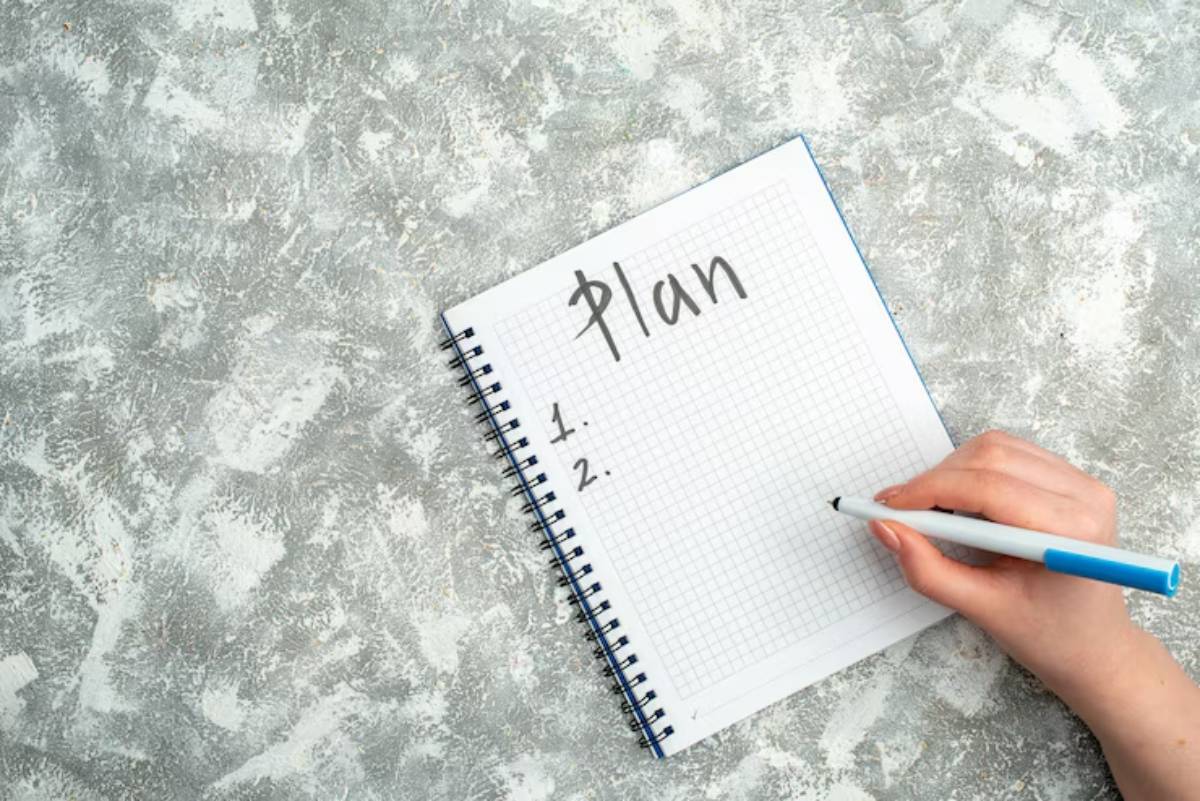
Evening Planning Habits to Reduce Tomorrow’s Procrastination
Have you ever woken up to a day that already feels behind before it begins? You’re not alone. Many spend mornings rushing, trying to remember what’s urgent, and fumbling through to-do lists written half-heartedly the night before. But here’s the truth: how you end your evening shapes how you begin the next day.
Creating a mindful night routine for success improves sleep and helps you wake up with purpose. Prepping ahead dramatically reduces decision fatigue, curbs avoidance behaviours, and makes you more proactive by default. If procrastination shadows your mornings, evening planning may be your best antidote.
This article walks you through evidence-backed, practical prep habits that set tomorrow up for momentum. You’ll gain strategies that feel manageable, personal, and empowering. Let’s begin.
Why Procrastination Takes Hold in the Morning
The Science Behind Delay

Procrastination isn’t just laziness. According to psychology professor Dr. Piers Steel, it’s a self-regulation failure often fueled by emotional triggers such as anxiety, fear of failure, or task aversion. These feelings peak when we start our day unclear or overwhelmed.
Without a clear plan, we default to more manageable tasks or distractions — not because we want to, but because we’re mentally unprepared for what matters most.
Morning Fog and Decision Fatigue
When you start your day by making too many choices—what to wear, what to eat, and which task to tackle first—you burn mental energy before the day even gets going. This is known as decision fatigue, and it can derail productivity before it even starts.
That’s why proactive planning the night before is essential. It removes low-value decisions, conserves your cognitive energy, and provides emotional clarity.
Building a Night Routine for Success
1. Reflect Before You Plan
Start with five minutes of quiet reflection. Ask yourself:
- What worked well today?
- What didn’t, and why?
- How did I handle unexpected challenges?
This builds emotional self-awareness, which is vital in managing procrastination. It helps you identify patterns and pivot with intention.
2. Identify Tomorrow’s Top Three Tasks
Choose three priority tasks for tomorrow that align with your broader goals. These aren’t your entire to-do list but rather your highest-impact actions.
Use a simple format like:
- MIT 1: Finish the client proposal draft
- MIT 2: Review meeting notes for presentation
- MIT 3: 30-minute walk during lunch
Limiting your focus combats overwhelm and gives you direction when the day begins.
3. Prep Physical Items the Night Before
Lay out your clothes, pack your lunch, and place anything you need near the door or in your bag. This streamlines your morning and reduces friction.
A study published in Behavioural Science & Policy found that pre-commitment strategies, such as preparing gear in advance, significantly increase follow-through, particularly for goals involving routines.
4. Use Visual Cues to Support Memory
Sticky notes on your mirror, calendar alerts, or a visible checklist by your bed can act as prompts. These cues reduce reliance on working memory and act as gentle nudges when your motivation dips.
Consider digital tools like Todoist or Notion to help plan your day, but don’t underestimate the power of a written planner.
5. Limit Screen Time One Hour Before Bed
Blue light from screens interferes with melatonin production and delays restful sleep. But more than that, it encourages mindless scrolling and disrupts your reflective mindset.
Instead, wind down with journaling, light reading, or a warm shower. Create space to decompress so your mind can shift from “go” to “slow.”
Optimising Your Environment for Better Evenings
Set a Digital Curfew
A digital cut-off time helps protect the last hour of your day. Try setting a 9:00 PM alarm that reminds you to begin your wind-down routine. Leave your phone to charge in another room if possible.
Tidy Up Your Space
Clutter adds to cognitive load. Spend 10 minutes each evening restoring order to your workspace, kitchen, or living area. Waking up to a clean space can lift your mood and reduce mental friction.
Create a Sleep Ritual

Your body thrives on rhythm. Signal bedtime with a consistent routine such as herbal tea, skin care, stretching, or light music. This trains your brain to associate these cues with rest.
Sleep researcher Dr. Matthew Walker emphasises that regular sleep timing is more important than sleep duration alone for overall cognitive performance.
Making It Stick: Practical Tips for Habit Formation
Start Small and Stay Consistent
Don’t overhaul your entire evening at once. Pick one or two habits and anchor them to an existing routine.
For example:
- After brushing your teeth, write your top three tasks.
- After dinner, spend five minutes tidying up.
These are habit-stacking techniques, popularised by James Clear in Atomic Habits.
Use Gentle Accountability
Tell a partner or friend about your new routine. Even a simple, “I’m laying out my clothes the night before now,” builds social reinforcement.
You might also track progress with a habit app or calendar chain. Seeing your consistency visually can boost motivation.
Embrace Flexibility
Life isn’t always predictable. If your evening is derailed, don’t abandon your efforts. Instead, shorten the routine:
- Skip the journal but still prep your clothes.
- If it’s late, list one MIT instead of three.
Sustainability matters more than perfection.
When Planning in the Evening Boosts Mental Clarity
Evening planning is compelling for:
- Students juggling classes and deadlines
- Parents managing work and household logistics
- Remote professionals navigating unstructured days
Setting intentions before bed reduces the chance of waking up reactive. You also align your actions with your values and long-term goals.
For more information on managing time around complex roles, our guide on How to Stop Procrastinating Using the 2-Minute Rule shares time strategies applicable even outside an academic setting.
Additionally, if you want to tackle emotional blocks more deeply, our article on Using Emotional Awareness to Trigger Action explores the underlying causes and coping tools.
Conclusion: Build Mornings That Work for You
You don’t need a perfect morning to feel productive. You need a head start — and that begins the night before.
By building a realistic, repeatable night routine for success, you take control of your time and reduce the emotional clutter that fuels procrastination. You start your day clear on priorities, confident in your direction, and prepared for what matters most.
The key is to start where you are. Choose one habit, commit for a week, and build from there. The more you design your evening with intention, the more momentum you’ll feel in the morning.
So tonight, pause. Reflect. Prepare. Your future self will thank you.


